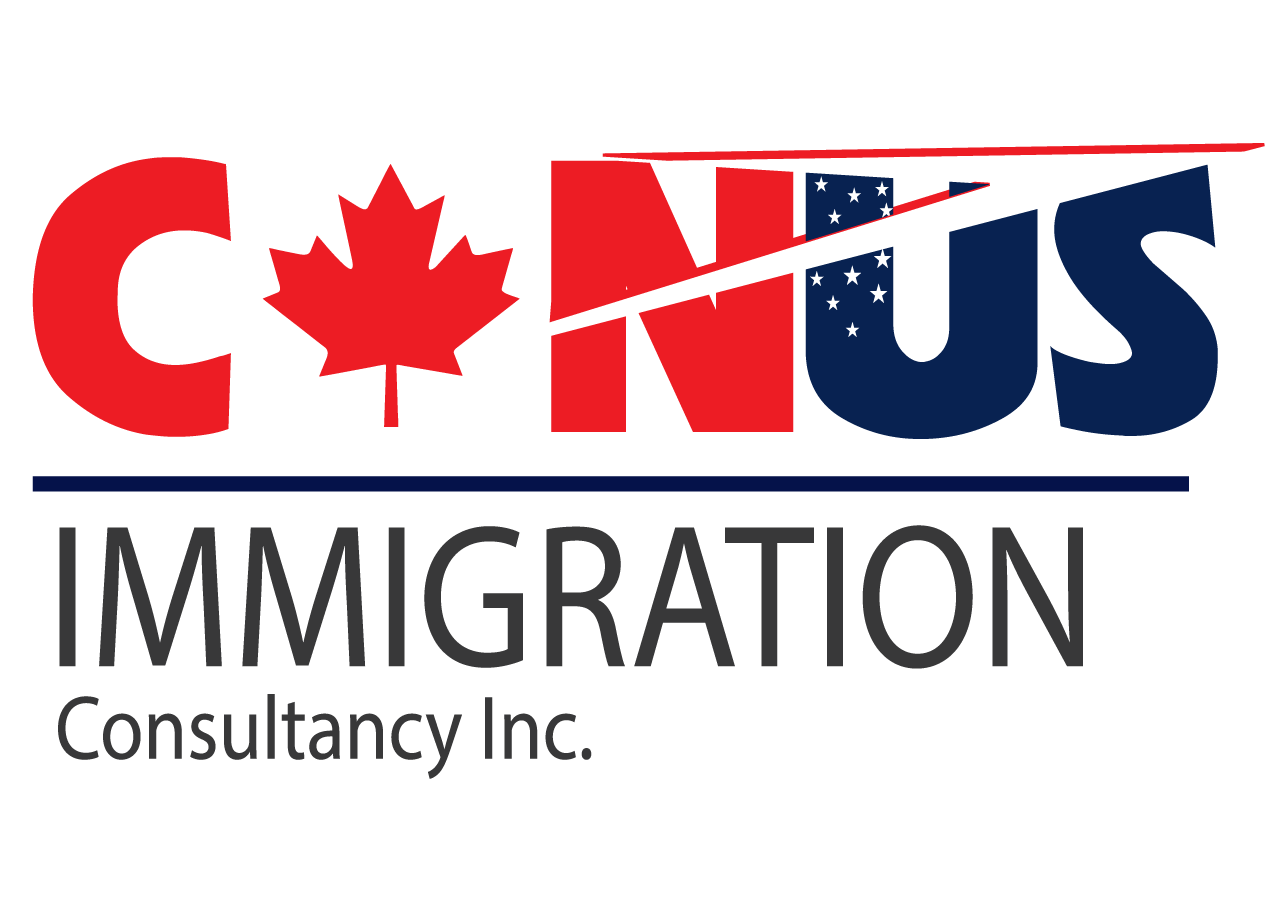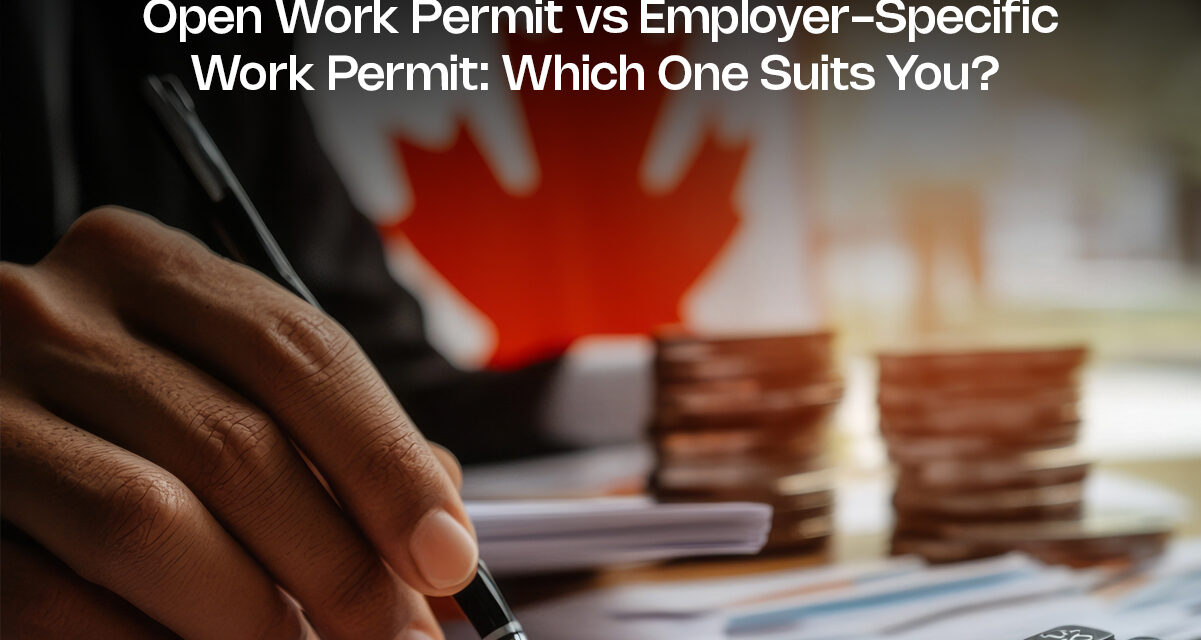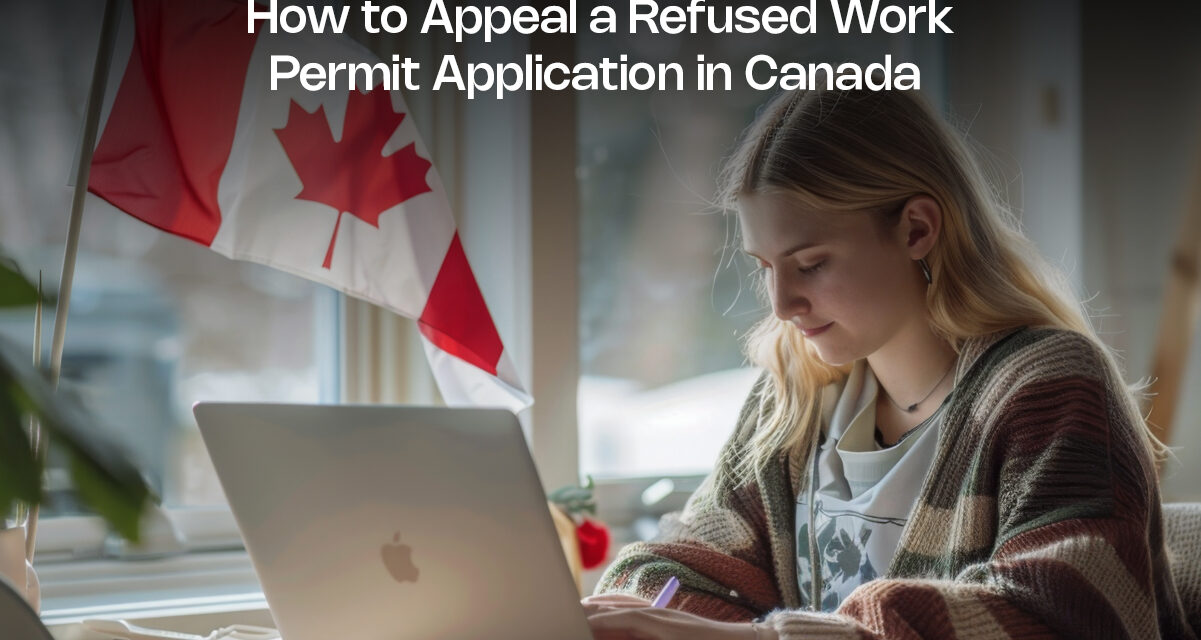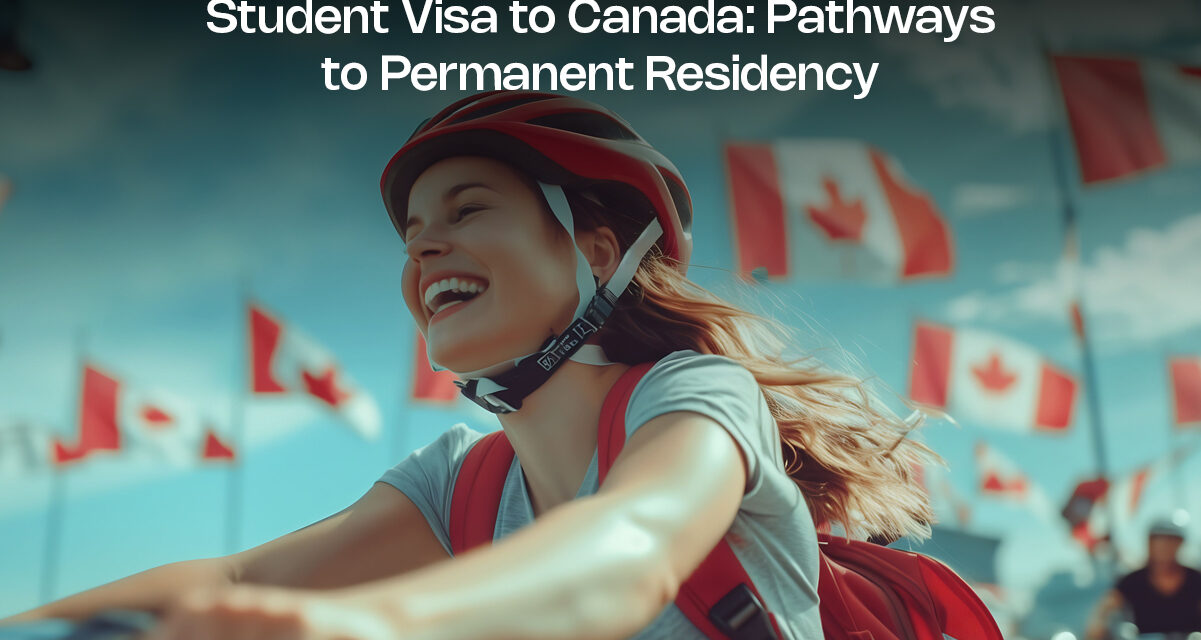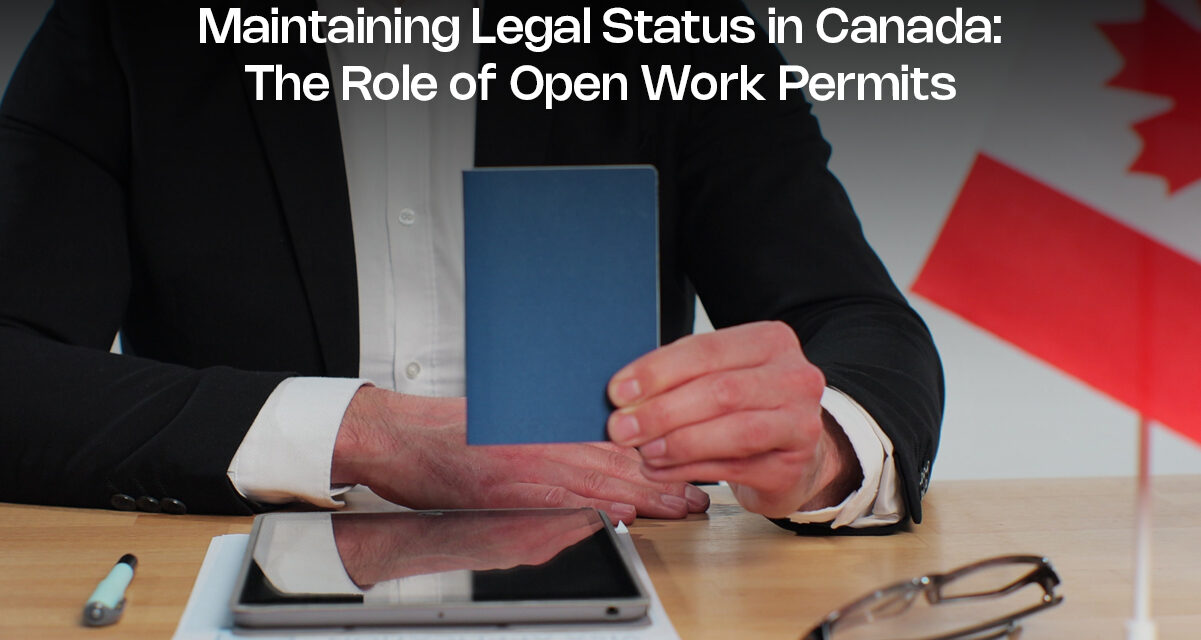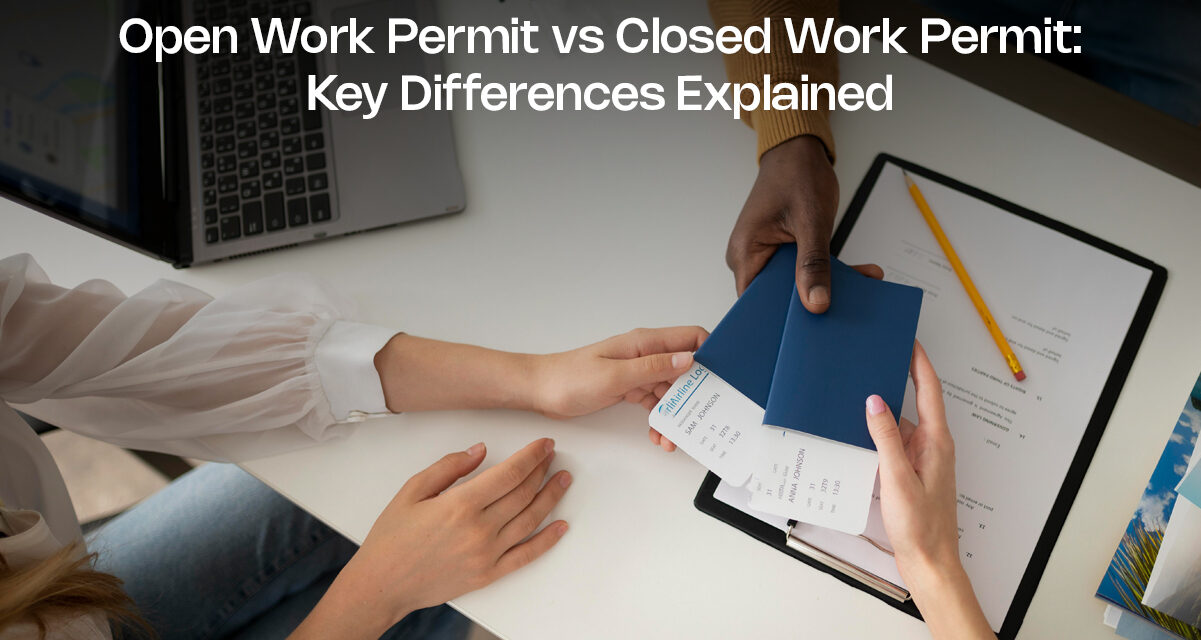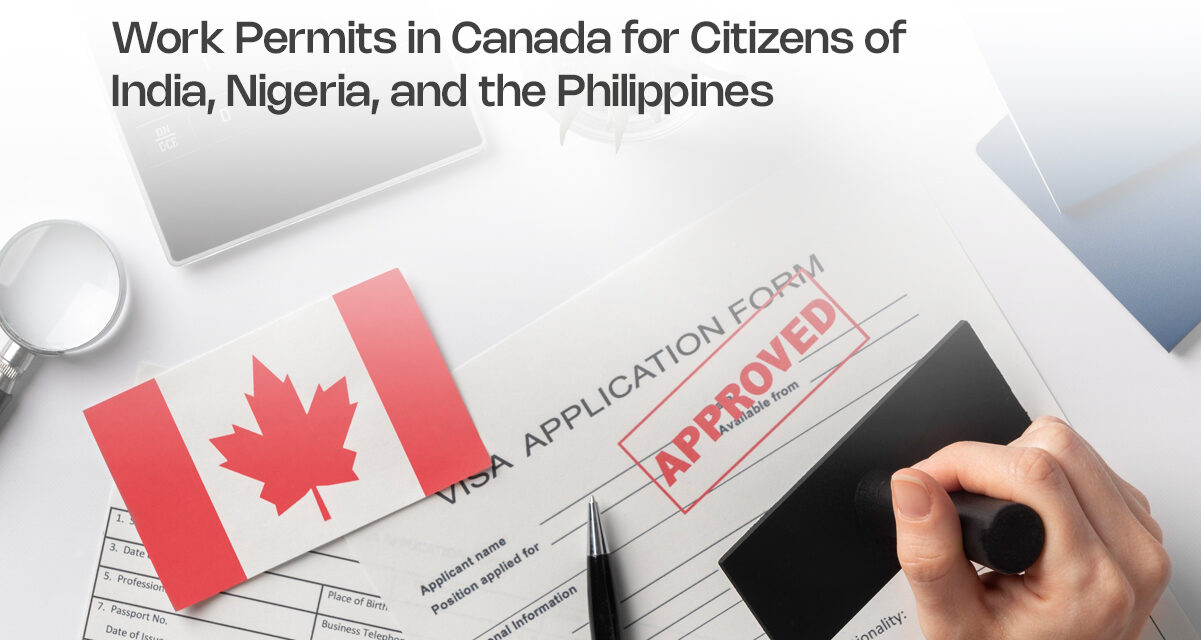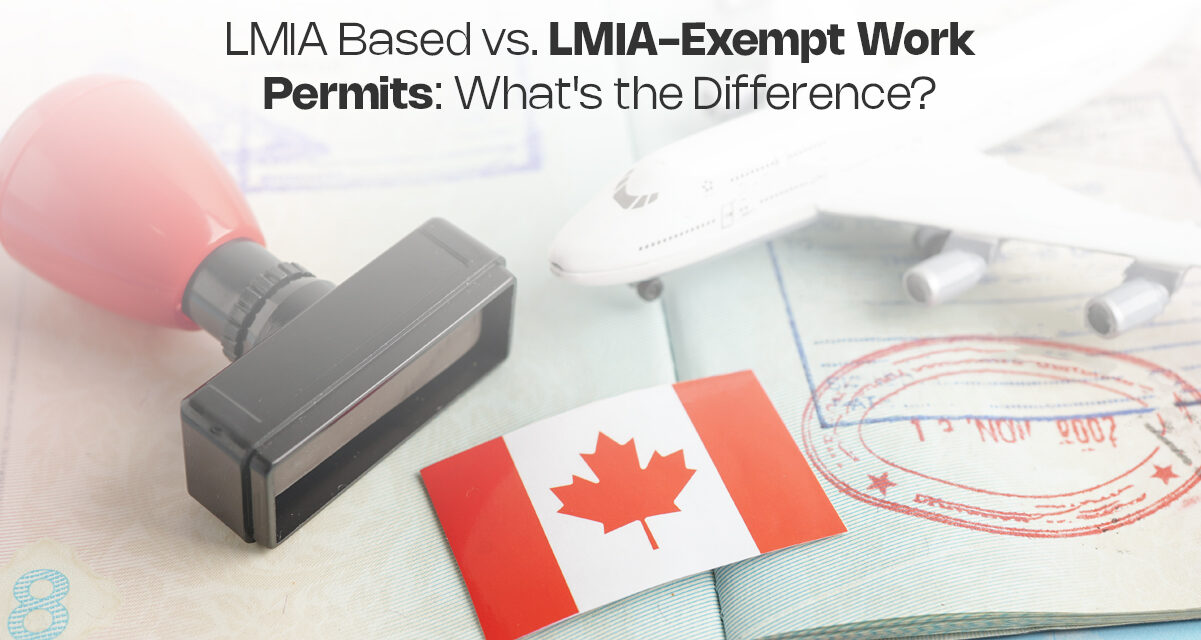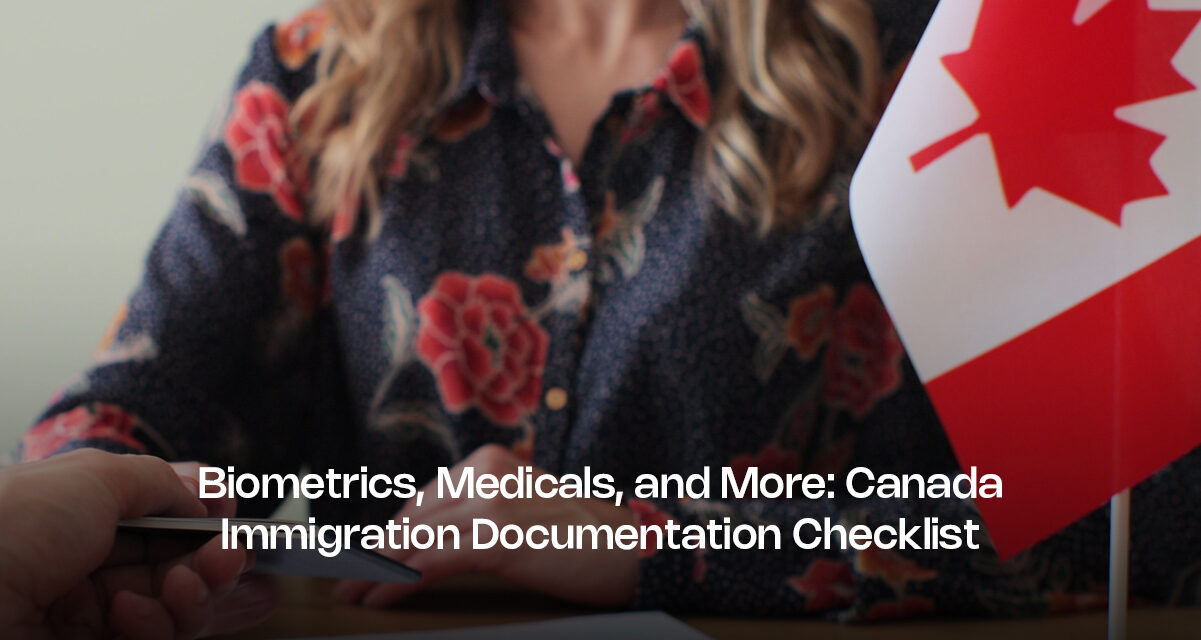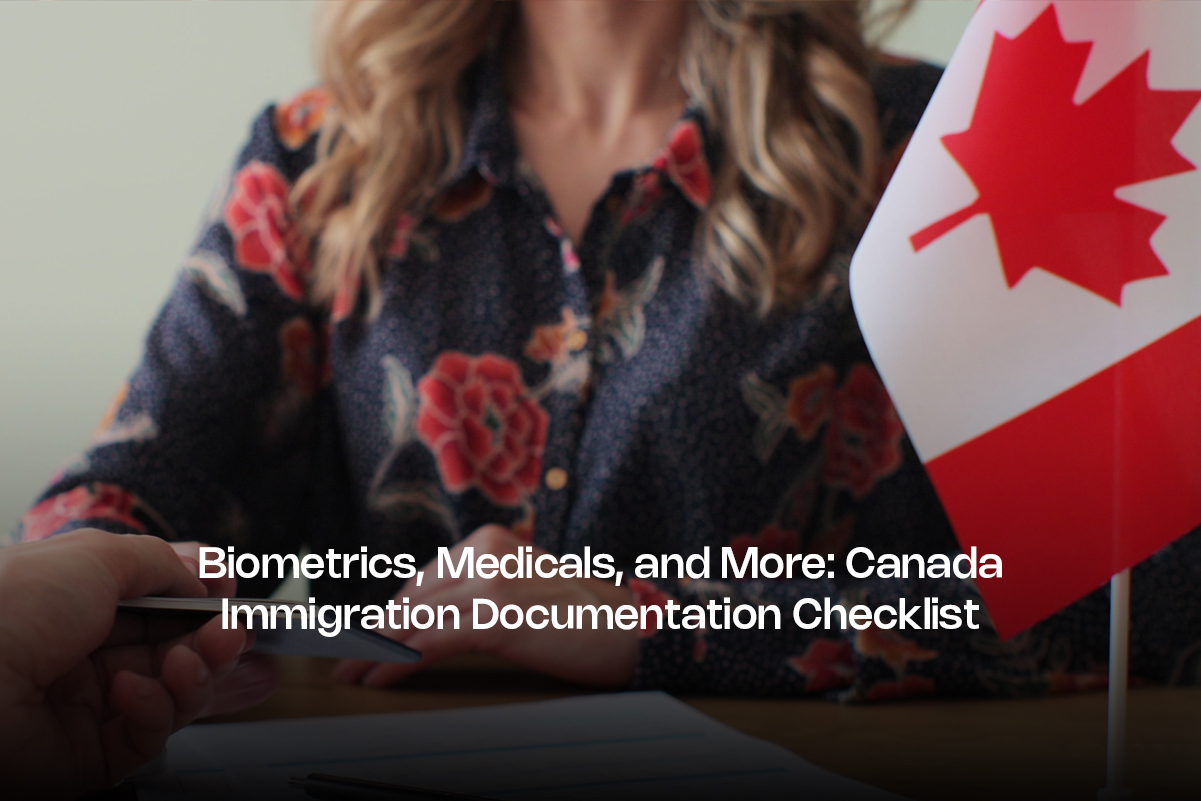Open Work Permit vs Employer-Specific Work Permit: Which One Suits You? Canada is one of the most popular destinations for people who want to work and build a better future. The country offers strong job opportunities, high living standards, and a clear path to permanent residency. Before you start working in Canada, it is important...
Best Immigration Consultant in Mississauga – Trusted by Local Families & Newcomers The immigration business has always been tremendous in Canada. That’s why there are so many consultants and agencies. Even outside Canada, there are many. Immigration to Canada is exciting but it involves a lot of preparation and paperwork. You can’t take it alone...
How to Appeal a Refused Work Permit Application in Canada Getting a work permit refusal letter feels like a punch to the gut. We’ve seen countless people open that email with shaking hands at Canus Immigration. The dreams of starting fresh in Canada, the job offer waiting, the plans made. Everything suddenly hangs in balance....
Student Visa to Canada: Pathways to Permanent Residency Canada opens its doors to international students every year. You can study here and build a life afterward. The path from student to permanent resident is clear and achievable. Many students turn their study permits into permanent residency. This guide walks you through each step. You will...
Maintaining Legal Status in Canada: The Role of Open Work Permits Canada’s immigration system can feel overwhelming when you’re trying to keep your legal status intact. An open work permit stands out as one of the most flexible options for foreign nationals who want to work here. Unlike employer-specific permits, this document gives you freedom...
Beyond the Permit: Benefits of a Spouse Open Work Permit You Might Not Know A spouse open work permit is like gold for new immigrants. You think it just lets you work. But it does so much more than that. Most people miss the big picture. They get the permit and find any job. Smart...
Open Work Permit vs Closed Work Permit: Key Differences Explained Canada gives two main work permits to foreign workers. Each permit works differently. One lets you work anywhere. The other ties you to one job. Your choice affects your whole life in Canada. An open work permit gives you freedom. You can work for any...
Work Permits in Canada for Citizens of India, Nigeria, and the Philippines Your engineering degree from Nigeria could be your ticket to a $80,000 job in Calgary. Your nursing experience from the Philippines might land you in a small Canadian town that desperately needs healthcare workers. Your IT skills from India could open doors to...
LMIA Based vs. LMIA-Exempt Work Permits: What’s the Difference? Working in Canada sounds exciting, right? But first, you need the right work permit. Many people get confused about which permit to choose. Canada offers two main work permit types. Some need LMIA approval, others don’t. Each type has different rules and benefits. Picking the wrong...
Biometrics, Medicals, and More: Canada Immigration Documentation Checklist Ever wondered why some people get their Canada immigration approved in months while others wait years? The secret isn’t luck – it’s knowing exactly what documents you need and when to submit them. This guide breaks down everything you need, from biometrics to medical exams. Whether you’re...
